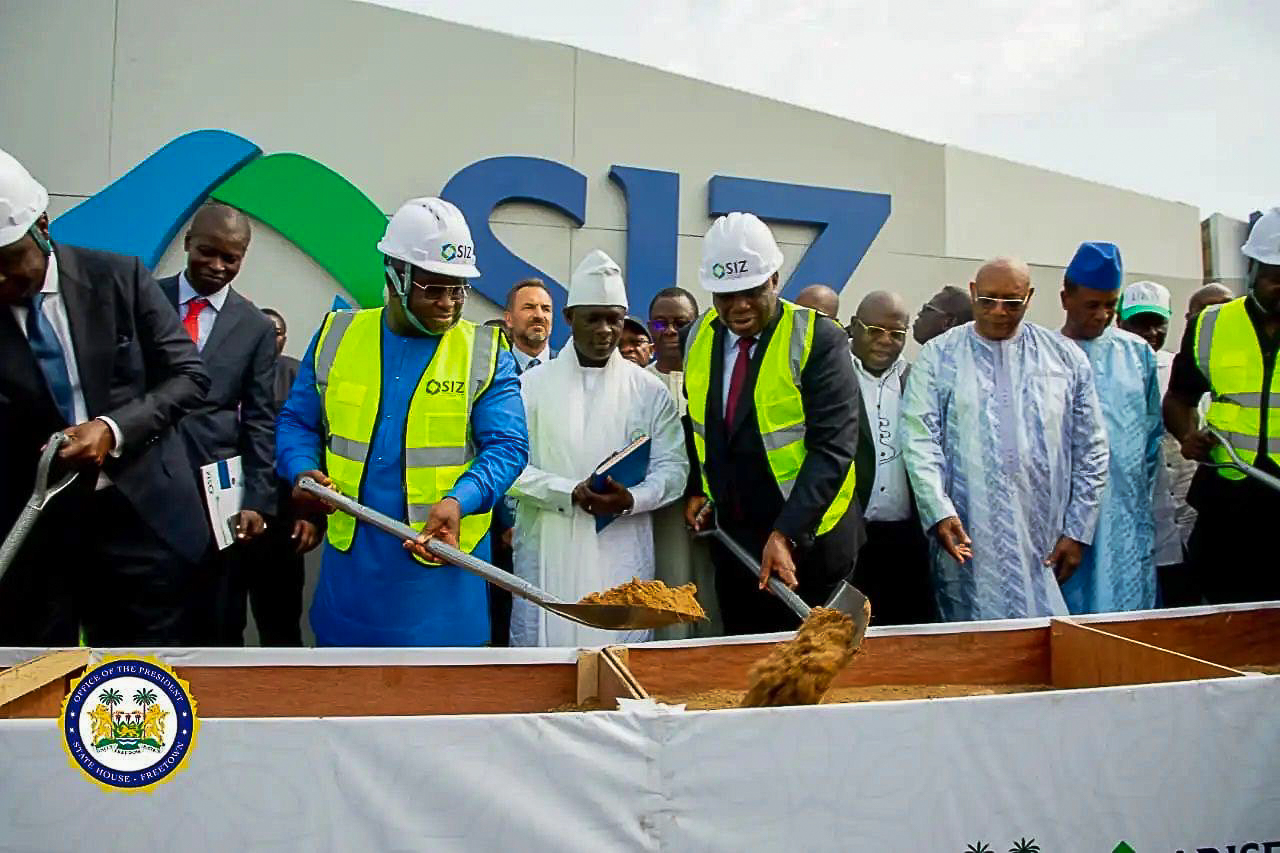Africa Finance Corporation and its investee company ARISE Integrated Industrial Platforms (ARISE IIP) have officially launched the construction of a Special Economic Zone (SEZ) in Sierra Leone as part efforts to boost local manufacturing and exports in the west African country.
The launch comes after parliamentary ratification of an agreement with the Sierra Leone government. Under the agreement, ARISE IIP, a developer and operator of industrial ecosystems across Africa, will develop a port and rail system in the Koya Industrial Zone (SIZ-Koya). ARISE IIP will also build the energy systems and infrastructure to enable industrial activity.
“This collaboration between our partners at Arise IIP and the Sierra Leonian government will make a massive contribution to economic growth and development by maximizing value capture and value retention across several core sectors,” AFC’s President and CEO, Samaila Zubairu, said in a statement. “The SIZ-Koya will be a bedrock of opportunities for local businesses, and an engine that draws in foreign investment, and promotes technology transfer and skills development.”
Sierra Leone, one of the world’s top producers of diamond, is seeking to diversify and grow an economy that relies heavily on mining – the sector accounts for 80% of its export revenue. According the Sierra Leone Economic Diversification Project, the country plans to increase investment and growth of small and medium enterprises in non-mining productive sectors.
Industrializing with import substitution
With the Koya Industrial Zone, the country aims to attract investors through streamlined permits and approvals required to do businesses in Sierra Leone. The businesses, in turn, are expected to boost economic growth, create skilled jobs and raise export revenue, the AFC said.
The Special Economic Zone, focusing mainly on import substitution industries, is designed to host companies specializing in agro-industry, timber processing, pharmaceuticals, consumer goods manufacturing, electric vehicle manufacturing, and cement and tile manufacturing.
ARISE IIP says it will invest $120m in the development of the SIZ – Koya (Sierra Leone Industrial Zone) as part of a public-private partnership between ARISE IIP and the Republic of Sierra Leone.
“Our partnership with the Republic of Sierra Leone is a testament to our commitment to making a positive impact in Africa,” founder and CEO of ARISE IIP, Gagan Gupta, said in a company statement. “Through the SIZ – Koya project, we aim to create world-class industrial infrastructure that will attract local and international investors to the region. We are confident that this integrated infrastructure will not only lead to job creation, but also contribute more broadly to the industrialization of Sierra Leone in a sustainable and responsible way.”
Launched in 2010, ARISE IIP has built a track record of creating special economic zones across Africa. It notably created the Nkok Special Economic Zone in Gabon – Africa’s first certified carbon neutral industrial zone– that turned the west African country into the world’s largest exporter of wood veneers. It also has presence in Benin with the Glo-Djigbé Industrial Zone (GDIZ) and in Togo with the Adétikopé Industrial Platform (PIA).

